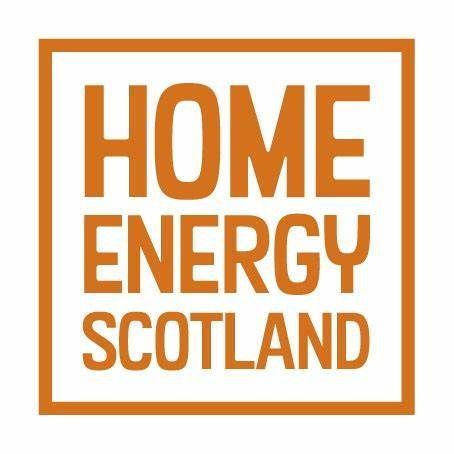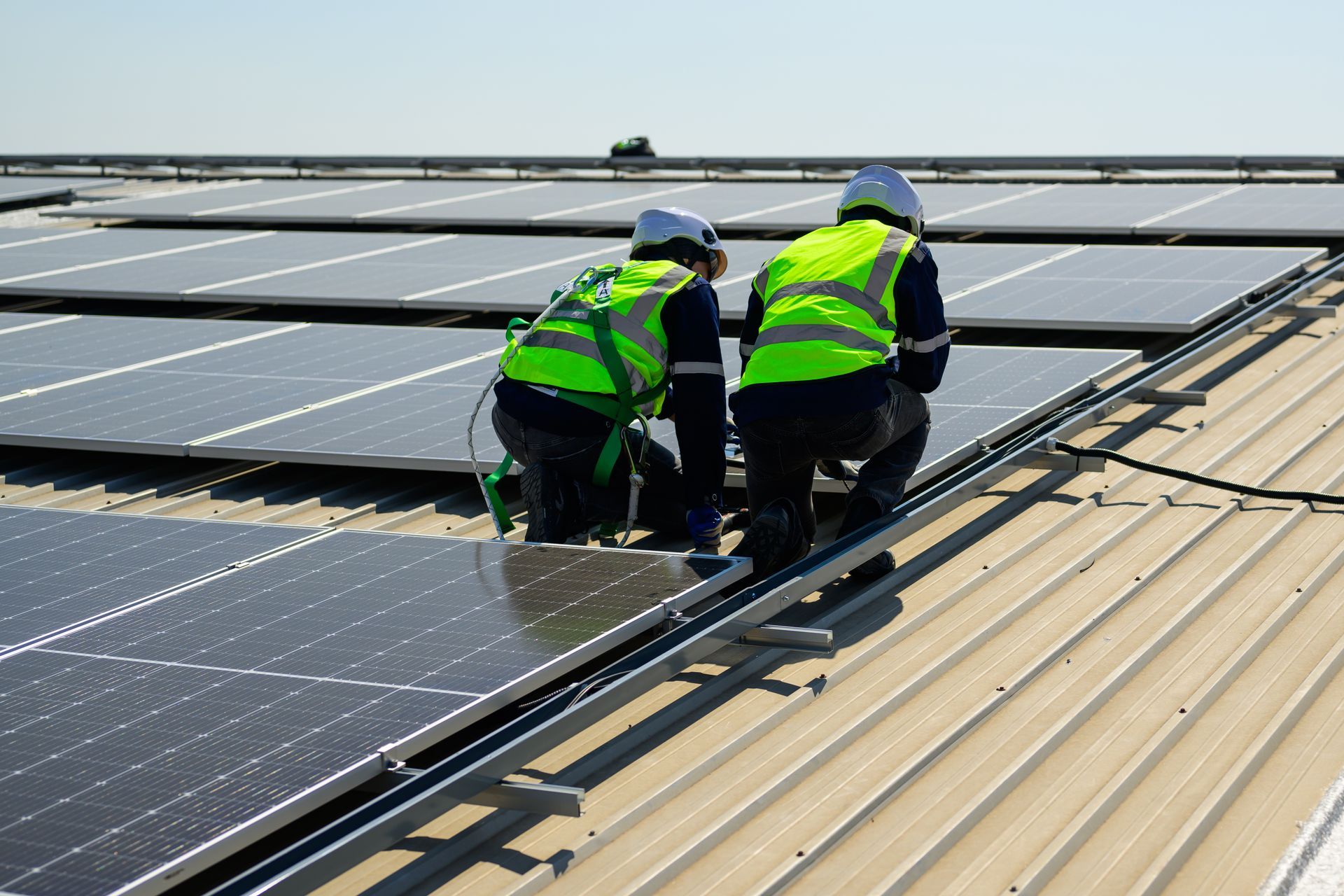Scotlands Net Zero Targets: How Does it Affect Homeowners
Phasing out Fossil Fuels in Off-Grid and On-Grid Homes: Scotland's Net Zero Targets for Homeowners
In today's world, the transition to clean and sustainable energy sources is of utmost importance. As Scotland strives to achieve its ambitious net-zero targets, the role of homeowners in phasing out fossil fuels becomes crucial. This article explores the differences in transitioning to renewable energy between off-grid and on-grid homes in Scotland, highlighting the challenges and opportunities associated with each.
Introduction
As the world acknowledges the pressing need to combat climate change, reducing greenhouse gas emissions has become a global priority. Scotland has set ambitious targets to achieve net-zero emissions by 2045, and homeowners play a significant role in this transition. Understanding the differences between off-grid and on-grid homes is essential to develop tailored strategies for phasing out fossil fuels effectively.
Understanding Off-Grid and On-Grid Homes
Off-grid homes are independent of the national electricity grid, relying on self-sustained systems for power generation. In contrast, on-grid homes are connected to the national electricity grid and can draw power from the centralized network. Each type of home presents unique challenges and opportunities in transitioning to cleaner energy sources.
The Role of Fossil Fuels
Fossil fuels, such as coal, oil, and natural gas, have been the primary sources of energy for decades. However, their combustion releases greenhouse gases, contributing to climate change. The phase-out of fossil fuels is critical in reducing carbon emissions and transitioning to sustainable alternatives.
Scotland's Net Zero Targets

Scotland has set ambitious net-zero targets to combat climate change effectively. By 2045, the country aims to reach net-zero greenhouse gas emissions. Achieving this goal requires a collective effort from all sectors, including homeowners, to reduce reliance on fossil fuels and adopt renewable energy sources.
Phasing out Fossil Fuels in Off-Grid Homes
Off-grid homes face unique challenges when it comes to transitioning away from fossil fuels. Since they are not connected to the national grid, off-grid homeowners often rely on diesel generators or other fossil fuel-based systems for electricity. However, advancements in renewable energy technologies provide opportunities for off-grid homes to become self-sufficient and environmentally friendly.
Wind Power: Utilizing a Renewable Resource
Scotland's windy climate makes wind power an attractive option for off-grid homeowners. Small-scale wind turbines can generate electricity from the wind, providing a renewable and reliable energy source. Careful consideration of wind patterns and appropriate turbine placement can maximize the energy output for off-grid homes
Solar Power: Harnessing the Sun's Energy

Installing solar panels is a popular choice for off-grid homeowners in Scotland. Solar power harnesses the sun's energy through photovoltaic panels, converting sunlight into electricity. With advancements in solar technology and decreasing costs, off-grid homeowners can generate clean energy and reduce reliance on fossil fuels.
Hydro Power: Tapping into Water Resources
Off-grid homes situated near water bodies can explore the potential of hydroelectric power. Hydroelectric power utilizes the force of flowing water to generate electricity. By installing micro-hydro systems, off-grid homeowners can tap into the energy potential of nearby streams or rivers, reducing their dependence on fossil fuels and contributing to a greener future.
Battery Storage: Storing Renewable Energy
One of the challenges for off-grid homeowners is managing the intermittency of renewable energy sources. To address this, incorporating battery storage systems is essential. Batteries allow homeowners to store excess energy generated during peak production periods and use it when renewable sources are not readily available, ensuring a consistent power supply without relying on fossil fuels.
Energy Efficiency: Minimizing Waste
In addition to transitioning to renewable energy sources, improving energy efficiency is paramount for off-grid homeowners. Implementing energy-efficient appliances, insulation, and smart energy management systems can significantly reduce energy waste and optimize the use of renewable resources. By minimizing energy consumption, off-grid homeowners can further reduce their reliance on fossil fuels.
Challenges and Opportunities
While the transition to renewable energy brings numerous benefits, there are challenges to be overcome. Off-grid homeowners may face higher upfront costs for installing renewable energy systems compared to their on-grid counterparts. Limited space and natural resource availability can also pose challenges. However, these challenges can be overcome with careful planning, technological advancements, and support from government initiatives.
Government Incentives and Support

The Scottish government recognises the importance of homeowners' involvement in achieving net-zero targets. Various incentives and support schemes are available to assist homeowners in transitioning to cleaner energy sources. These include grants, tax incentives, and subsidies for renewable energy installations. Homeowners can leverage these opportunities to make the shift to sustainable energy more financially viable.
Transitioning to Net Zero in On-Grid Homes
While on-grid homeowners have the advantage of being connected to the national electricity grid, they also play a vital role in phasing out fossil fuels. Transitioning to net zero in on-grid homes involves a different set of considerations and opportunities.
On-grid homeowners can take advantage of grid-tied renewable energy systems. By installing solar panels or wind turbines, homeowners can generate clean energy and contribute excess power back to the grid. Through net metering programs, homeowners receive credits for the electricity they supply, offsetting their energy consumption when renewable sources are not sufficient.
Conclusion
In conclusion, as Scotland strives to achieve its net-zero targets, homeowners in both off-grid and on-grid settings play a vital role in phasing out fossil fuels. Transitioning to renewable energy sources offers numerous benefits, including reduced carbon emissions, energy independence, and long-term cost savings. By embracing solar power, wind power, hydro power, battery storage, and energy-efficient solutions, homeowners can contribute to a greener future and help Scotland achieve its sustainability goals.
FAQs
1. Can off-grid homes completely eliminate their reliance on fossil fuels?
While achieving complete elimination of fossil fuels is challenging, off-grid homes can significantly reduce their reliance by integrating renewable energy systems and adopting energy-efficient practices.
2. Are there financial incentives for homeowners to adopt renewable energy in Scotland?
Yes, the Scottish government provides various grants, tax incentives, and subsidies to support homeowners in their transition to renewable energy sources.
3. What happens to excess energy generated by on-grid homes with renewable energy systems?
On-grid homeowners can supply excess energy back to the grid, earning credits through net metering programs. These credits offset their energy consumption during periods of low renewable energy production.
4. How can homeowners improve energy efficiency in their properties?
Homeowners can improve energy efficiency by investing in energy-efficient appliances, implementing proper insulation, and utilizing smart energy management systems.
5. What role does battery storage play in off-grid homes?
Battery storage systems enable off-grid homeowners to store excess energy generated by renewable sources. This stored energy can be used when renewable energy production is insufficient, ensuring a consistent power supply and reducing reliance on fossil fuels






